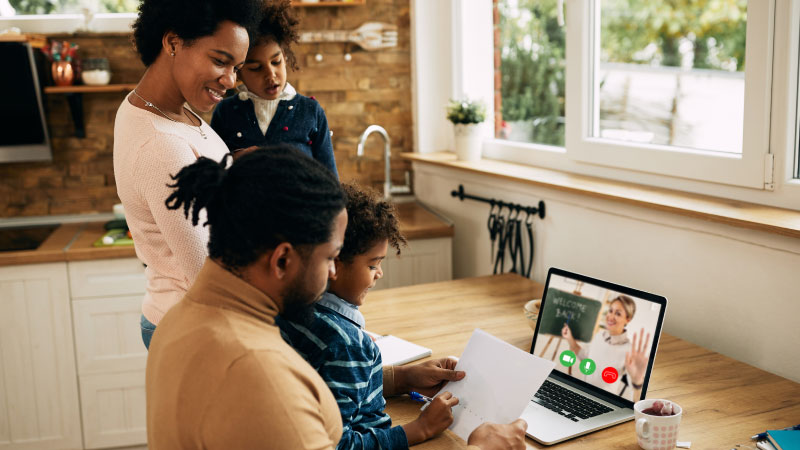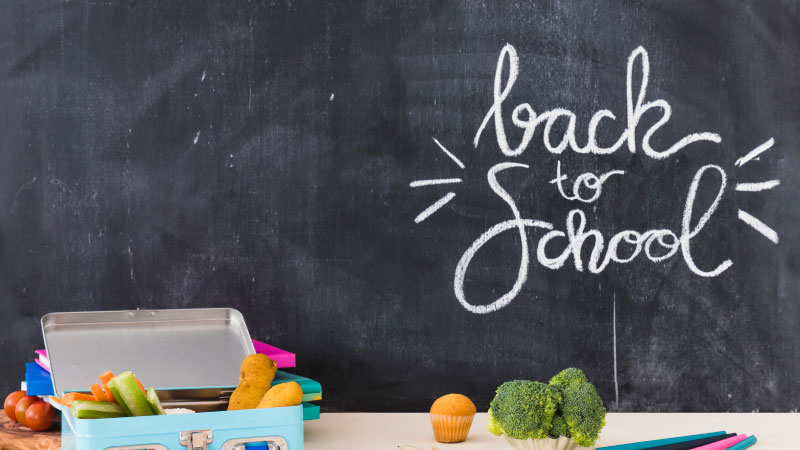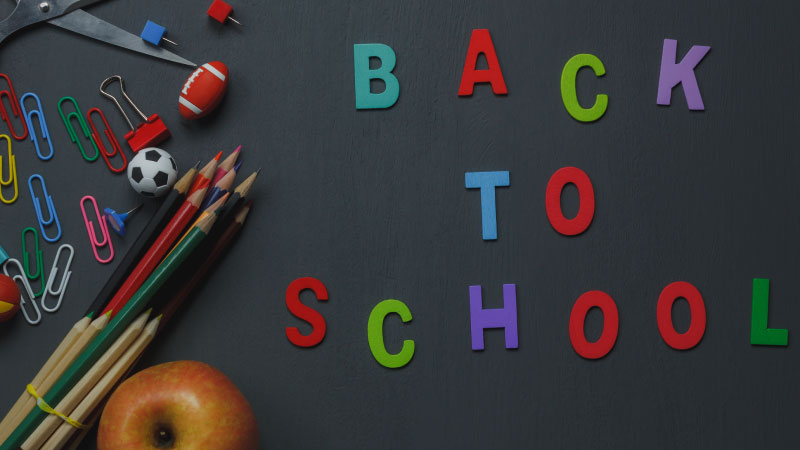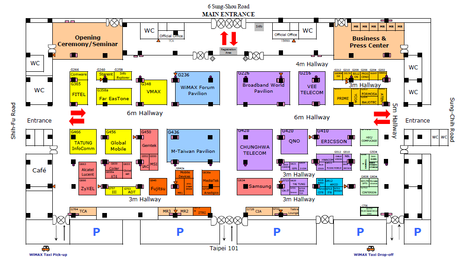Back-to-school season marks a pivotal time in the lives of students, parents, and educators. As summer winds down, there’s a unique opportunity for event planners to craft experiences that not only welcome everyone back to school but also set a positive tone for the year ahead. Tailoring your campaign to the specific needs and expectations of each age group—from preschoolers to college students—ensures that your events are not just fun, but also meaningful and supportive. Here’s how to design an effective back-to-school event campaign for every stage of education.

1. Preschool & Kindergarten: Playful Introductions
At the preschool and kindergarten levels, the focus is on easing the transition into a more structured environment. This is often a child’s first experience away from home, so the events should be designed to make both the children and their parents feel comfortable and excited about the upcoming school year.
- Themed Welcome Parties: Choose engaging and comforting themes that spark imagination and ease nerves. Themes like “Under the Sea” or “Farmyard Fun” create a sensory-rich environment where children can explore different textures, colors, and sounds. Incorporate activities like treasure hunts, animal mask-making, or storytelling sessions that are simple yet engaging. These events allow children to familiarize themselves with the school setting and teachers in a fun, non-threatening way.
- Parent-Child Workshops: Transitioning to school is often as much a challenge for parents as it is for children. Hosting workshops where parents and children work together—such as crafting personalized school supplies or creating a “school-ready” morning routine chart—can build confidence. These activities not only help children feel prepared but also give parents tools to manage the transition smoothly.
- Meet the Teacher Events: These events should be informal and friendly, with opportunities for one-on-one interaction between teachers, children, and parents. To reduce anxiety, teachers can share a brief “day in the life” video or presentation that walks parents and children through what to expect in a typical school day.
2. Elementary School: Building Excitement and Community
Elementary school is a time of immense growth and learning, and back-to-school events should focus on fostering excitement for learning while building a strong sense of community among students and their families.
- Back-to-School Carnivals: A carnival can turn the return to school into a fun, celebratory event. In addition to traditional games and activities, include educational booths that offer hands-on experiences, such as building simple machines, creating art with recycled materials, or planting seeds in a school garden. This blends fun with learning and helps students associate school with positive experiences.
- School Supply Drives: These events can be particularly meaningful if they include a charitable component, such as collecting supplies for underprivileged students. In addition to offering free or discounted supplies, consider adding a “DIY Station” where students can personalize their notebooks, pencil cases, or book covers. This fosters creativity and helps students take ownership of their school supplies.
- Buddy Programs: Pairing older students with younger ones in a mentorship role can create a supportive environment. Events that launch these buddy programs could include activities like cooperative art projects, team-building games, or story-sharing sessions. Older students can offer tips on navigating the school, while younger students can gain confidence knowing they have a “big buddy” to turn to.

3. Middle School: Encouraging Exploration and Self-Discovery
Middle school is a time when students start exploring their identities and independence. Events should be designed to support this exploration while also providing a framework for academic and social success.
- Interest-Based Workshops: Offer a range of workshops that cater to different interests, such as robotics, creative writing, or environmental science. These workshops not only generate excitement for the new school year but also help students discover new passions. Consider partnering with local businesses, libraries, or community organizations to provide resources or guest speakers who can enrich these workshops.
- Social Mixers: Socializing is a crucial part of the middle school experience, but it can also be intimidating. Hosting mixers that combine fun with low-pressure interaction, like a “Game Night” or “Outdoor Movie Screening,” can help students make new friends and strengthen existing relationships. Including icebreaker activities or team challenges can also help reduce social anxiety.
- Orientation Programs: These programs should be comprehensive, covering not just the physical layout of the school but also practical advice on time management, dealing with peer pressure, and balancing extracurricular activities with academics. Providing students with planners or digital tools during these sessions can help them start the year organized and confident.
4. High School: Fostering Connections, Goals, and School Spirit
High school is about balancing academics, extracurricular activities, social lives, and planning for the future. Back-to-school events for this age group should reflect this complexity, offering both fun and practical guidance.
- College & Career Fairs: These events are vital for high school students who are beginning to seriously consider their futures. Ensure that the fair is diverse, with representatives from universities, technical schools, and various industries. Including workshops on writing resumes, preparing for college interviews, and understanding financial aid can make these events even more valuable. For added engagement, consider holding panel discussions with recent graduates who can share their experiences and insights.
- Leadership Retreats: High school students are often looking for ways to make their mark, whether through student government, clubs, or sports. Leadership retreats that include team-building exercises, goal-setting workshops, and sessions on public speaking or project management can provide the tools they need to succeed. These events can also foster a sense of camaraderie and school pride among participants.
- Back-to-School Bash: A large-scale event like a school-wide bash can set a positive, energetic tone for the year. Include elements that appeal to a wide range of students, such as live music, food trucks, interactive games, and contests. Integrating a community service component—such as a charity drive or volunteer sign-up—can also encourage students to start the year with a focus on giving back.
5. College & University: Embracing Independence and Building Networks
For college students, back-to-school events are an opportunity to create a sense of belonging while supporting their journey toward independence and future careers.
- Welcome Week Festivals: These festivals should be dynamic and inclusive, offering a mix of entertainment, information, and networking opportunities. In addition to concerts and social events, include resource fairs where students can learn about campus services, student organizations, and community opportunities. Integrating elements like a “Club Crawl” or “Student Services Expo” helps new students connect with groups and resources that align with their interests and needs.
- Workshops & Seminars: College is a time for honing skills that will be crucial in both academic and personal life. Offer a series of workshops on topics like financial literacy, mental health, effective study habits, and time management. These events can be more engaging if they include interactive components, such as group discussions, role-playing scenarios, or Q&A sessions with experts.
- Networking Events: As students progress through college, networking becomes increasingly important. Organize events where students can connect with alumni, faculty, and industry professionals. Consider hosting “speed networking” sessions or industry-specific meet-and-greets to help students build connections in their fields of interest. Offering workshops on crafting a professional LinkedIn profile or preparing for job interviews can also add value.

General Tips for a Successful Back-to-School Campaign:
- Incorporate Digital Engagement: Today’s students and parents are highly connected online. Create digital elements for your event, such as live-streamed sessions, interactive social media challenges, or mobile apps that provide event information and updates. Virtual components can also make your events more accessible to those who may not be able to attend in person.
- Focus on Inclusivity: Ensure that your events are welcoming to all students, regardless of their background or abilities. Consider accessibility in your planning, such as providing sign language interpreters, creating sensory-friendly spaces, or offering multilingual materials.
- Evaluate and Improve: After each event, gather feedback from participants through surveys or focus groups. Use this information to assess what worked well and identify areas for improvement. Continuous evaluation ensures that your back-to-school campaigns evolve and remain relevant year after year.
Back-to-school event campaigns offer a golden opportunity to set the tone for the entire academic year. By understanding the unique needs and interests of each age group, you can create events that not only generate excitement but also provide meaningful support for students, parents, and educators. Whether it’s a playful introduction for preschoolers, a community-building carnival for elementary students, or a career-focused fair for high schoolers, thoughtful event planning can make the return to school a positive and memorable experience for everyone involved.





